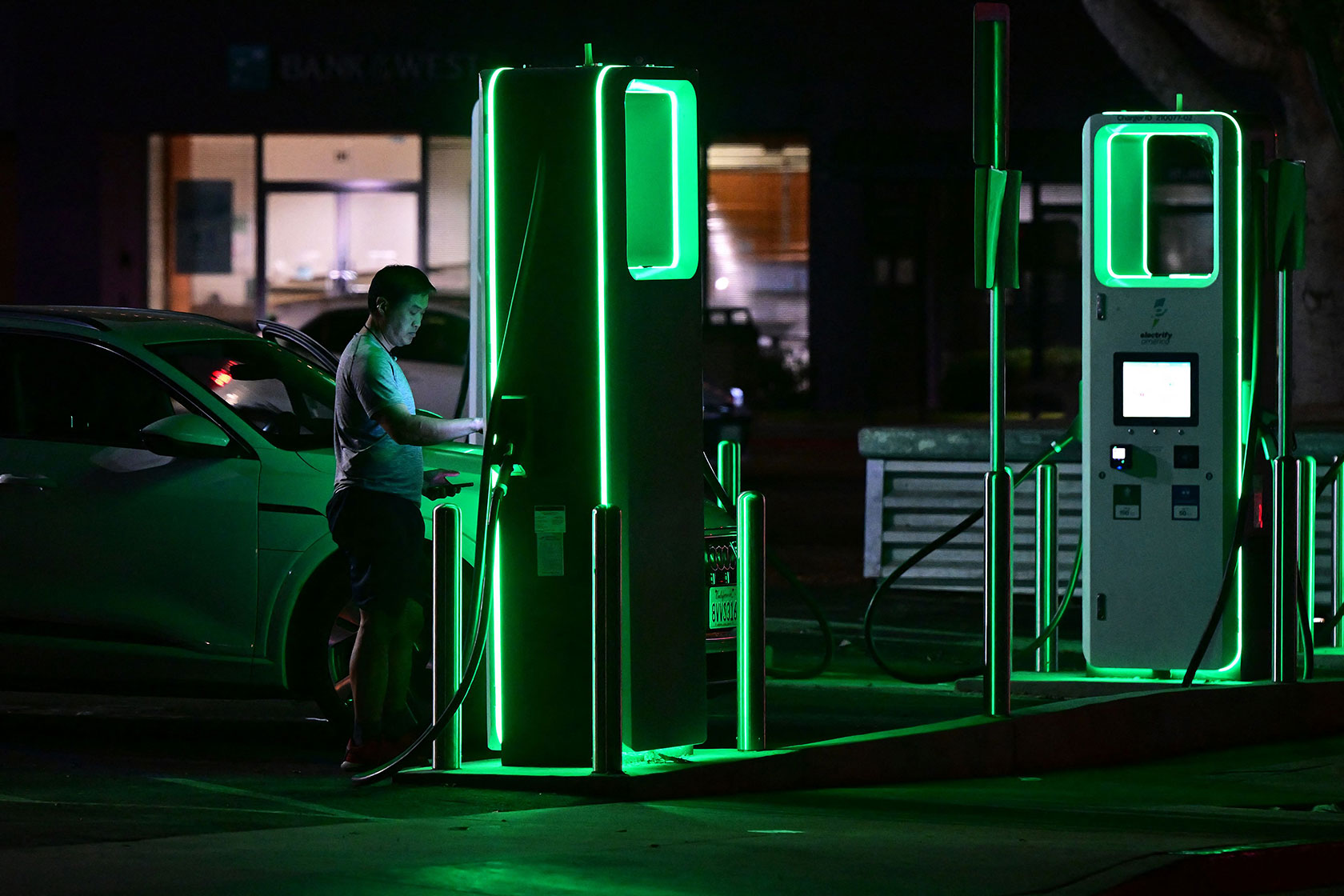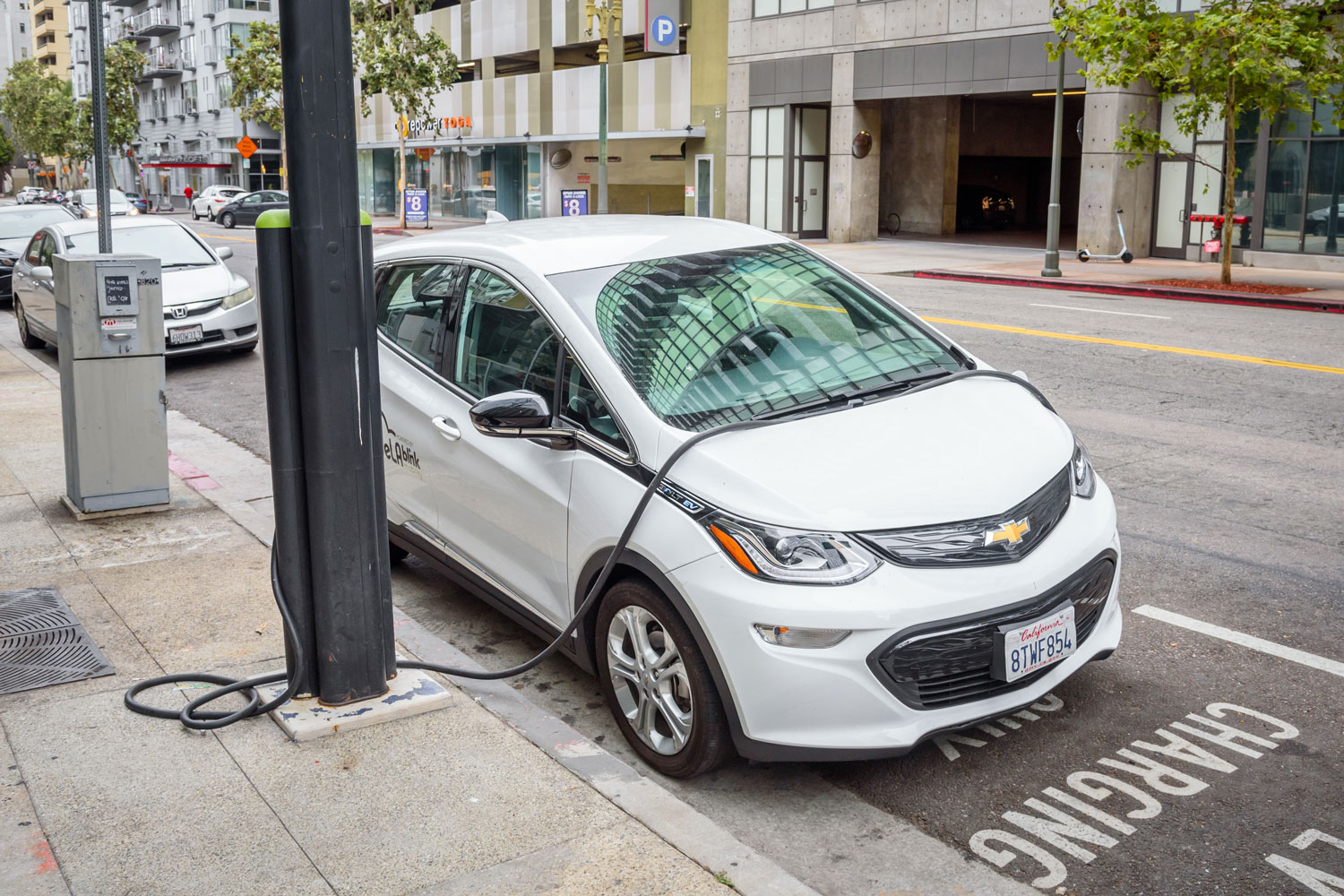What’s Driving the Growth of EV Infrastructure? Buy EV Charging news for Key Updates
What’s Driving the Growth of EV Infrastructure? Buy EV Charging news for Key Updates
Blog Article
New Dope in EV Charging: Exactly How the Industry Is EVolving to Satisfy Demand
As the electric vehicle (EV) market proceeds to broaden, the billing infrastructure is undertaking considerable changes to attend to the surging demand. The implications of these innovations increase essential questions regarding the future of EV billing and its function in the broader power environment.
Development of Billing Infrastructure
The quick expansion of electric car (EV) billing facilities is a vital element in assisting in the widespread adoption of electric flexibility. As federal governments, personal firms, and customers significantly recognize the significance of minimizing carbon emissions, investments in billing networks have actually risen. This infrastructure growth is necessary to alleviate variety anxiousness, making certain that EV users have convenient access to charging stations.
Significant innovations accountable terminal innovation and release approaches have actually emerged. Urban areas are seeing an expansion of public charging stations, while rural regions are gradually being incorporated into the charging network. Moreover, partnerships in between auto producers and billing companies are coming to be more common, promoting the establishment of extensive networks that enhance customer experience and accessibility.
In enhancement, the combination of renewable power resources into billing stations is gaining energy, promoting sustainability in the EV ecosystem. This change not only sustains ecological objectives but additionally aligns with the rising need for green power services among customers.
Ultra-Fast Charging Technologies
Ultra-fast charging modern technologies represent a significant leap onward in the EV charging landscape, enabling electric vehicles to reenergize in a fraction of the moment compared to standard charging approaches. These developments commonly deliver power degrees surpassing 150 kW, with some systems getting to up to 350 kW or more, dramatically decreasing billing times to as little as 15-30 minutes for a substantial cost.
Key allowing modern technologies include innovations in battery chemistry, power electronics, and thermal administration systems. High-capacity batteries with enhanced thermal stability enable for faster billing without overheating. EV Charging news. Furthermore, developments in charging facilities, such as liquid-cooled cords and modular billing stations, help with effective power transfer, improving the total user experience
Major automobile suppliers and technology firms are actively investing in ultra-fast charging networks, acknowledging the essential role they play in overcoming variety anxiousness and increasing the fostering of electrical vehicles. As these modern technologies come to be much more extensively readily available, the EV market is anticipated to witness substantial development, making electrical flexibility a much more appealing option for consumers. In general, ultra-fast charging innovations are crucial fit the future of sustainable transportation, leading the way for a more efficient and extensive billing environment.
Smart Grid Combination

Via need response methods, wise grid systems can change billing schedules based on grid conditions and electricity pricing. For circumstances, during durations of high need, billing can be postponed to off-peak hours, causing reduced expenses for consumers and minimized stress on the grid. Furthermore, vehicle-to-grid (V2G) modern technologies make it possible for EVs to release energy back into the grid, giving supplementary services and enhancing grid stability.
Assimilation with renewable resource resources even more increases the sustainability of EV charging. By straightening billing activities with periods of high solar or wind generation, smart grids advertise a greener charging framework. Inevitably, clever grid combination not only sustains the expanding need for EVs however additionally contributes to a more resilient and lasting power future, positioning the sector for lasting success.
Battery Technologies
In the middle of the rapid development of electrical lorries (EVs), battery developments stand at the forefront, driving improvements in efficiency, sustainability, and performance. As the need this article for EVs surges, suppliers and researchers are concentrating on enhancing battery modern technologies to deal with obstacles such as the original source range stress and anxiety and charging times.
Lithium-ion batteries stay the most extensively used technology, yet new products and chemistries are arising to improve energy density and long life. Solid-state batteries, as an example, guarantee higher energy storage capability and boosted safety and security by changing liquid electrolytes with solid ones. This change can significantly decrease the danger of fire and boost the life expectancy of batteries.
In addition, innovations in battery reusing procedures are essential for sustainability. Companies are creating approaches to recoup beneficial products like lithium, cobalt, and nickel from made use of batteries, promoting a round economic situation and lowering environmental effect.

International Charging Standards

Initiatives are underway to establish international billing standards that help with compatibility amongst numerous EV models and charging stations. Organizations such as the International Electrotechnical Compensation (IEC) and the Society of Automotive Engineers (SAE) are working collaboratively with automobile makers and power providers to produce detailed standards. EV Charging news. These requirements purpose to enhance the billing procedure, lower the demand for several adapters, and boost customer experience
In addition, standardization can significantly reinforce the growth of the billing network, as it motivates investment by making infrastructure growth extra effective and foreseeable. As the EV market matures, a unified approach to billing criteria will certainly be essential for ensuring that customers can bill their automobiles easily and accurately, consequently supporting the broader transition to lasting transportation.
Conclusion
The electric lorry charging sector is undergoing substantial improvement to address the surging need for lasting transport. Improvements in billing facilities, ultra-fast modern technologies, wise grid combination, and cutting-edge battery solutions are essential in improving user experience and operational performance.
Urban locations are seeing a proliferation of public billing stations, while rural areas are progressively being incorporated into the billing network. Additionally, advancements in billing facilities, such as liquid-cooled wires and modular charging stations, help with effective power transfer, improving the total user experience.
In general, ultra-fast charging modern technologies are critical in shaping the future of sustainable transportation, paving the method for an extra effective and comprehensive charging community. - EV Charging news
By lining up charging activities with periods of high solar or wind generation, wise grids advertise a greener charging infrastructure.Efforts are underway to establish global charging standards that promote compatibility amongst numerous EV versions and billing terminals.
Report this page